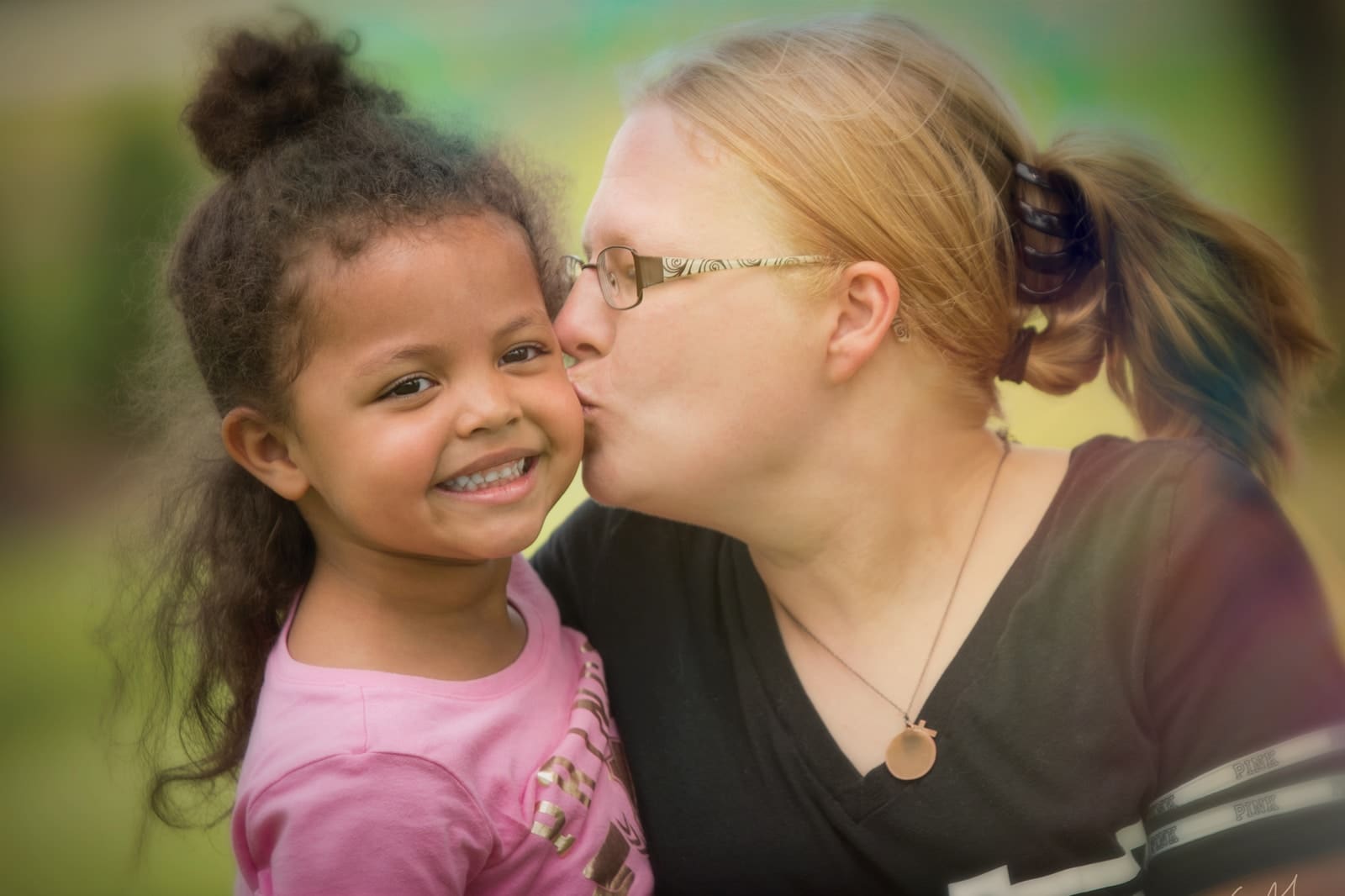
Jeremiah Program Expands Nonresidential Programming
An evaluation of the new model by Endicott College reveals opportunities.
Hoping to take the success of Jeremiah Program to new levels and additional communities, a strategic vision was set to expand with an additional model – nonresidential programming. The model began in Boston and has expanded to New York. A November 2018 study revealed opportunities for the new model, opportunities Jeremiah has vowed to pursue.
“The key parts of the study tell us we have an expandable healthy model but we need to be aware of the pitfalls and find sustainable solutions,” said Gloria Perez, Jeremiah Program CEO. While housing is one of the five pillars of the Jeremiah Program, the high cost of land for housing in communities with a dire need for the poverty-busting model made residential campuses impractical. So Jeremiah developed a model to collaborate with like-minded groups to serve young single mothers who wanted to pursue postsecondary education. In Boston that led to a partnership with Endicott College.
“Our biggest benefit in this model is the ability to scale and expand more quickly and serve many, many more mothers and their children,” Perez said. “The biggest challenge is not having that secure campus – housing that is safe and conducive to weekly training schedules.”
A step toward meeting the housing challenge in Boston includes the recently established Warren House.
“At Warren we have space for families to gather,” said Perez. “A study place for moms, a place to have empowerment classes and just an opportunity for camaraderie.”
“Our biggest benefit in this model is the ability to scale and expand more quickly and serve many, many more mothers and their children.”
Gloria Perez
Jeremiah’s strategic plan for the next five years focuses on expansion among other goals. The nonresidential model will play a role in the aggressive 170 percent increase in enrolled moms Jeremiah has targeted by 2023.
Adjusting the model to integrate more partnerships is a step closer to advancing the adapted model, taking advantage of community bandwidth and historic success.
“Boston has shown us that this model has the flexibility to meet families where they are,” said Perez. “Helping moms build social capital and bolster aspirations.”
The study was conducted by the Program Evaluation and Research Group at Endicott College and funded by The Annie E. Casey Foundation. Read the full study Endicott Boston Study or a recent Blog about the study here.

LOREM IPSUM DOLOR
About Jeremiah Program
Jeremiah Program offers one of the nation’s most successful strategies for disrupting poverty, two generations at a time. At JP, we believe that no mother should have to make the untenable choice between investing in herself or supporting her children. JP’s holistic approach encourages families to bring all of their identities to bear in achieving their goals.
Founded in 1993, JP is headquartered in Minneapolis, MN, with campuses in six cities nationwide. As demand for the JP model increases, we are expanding in new cities with both residential and non-residential models.

